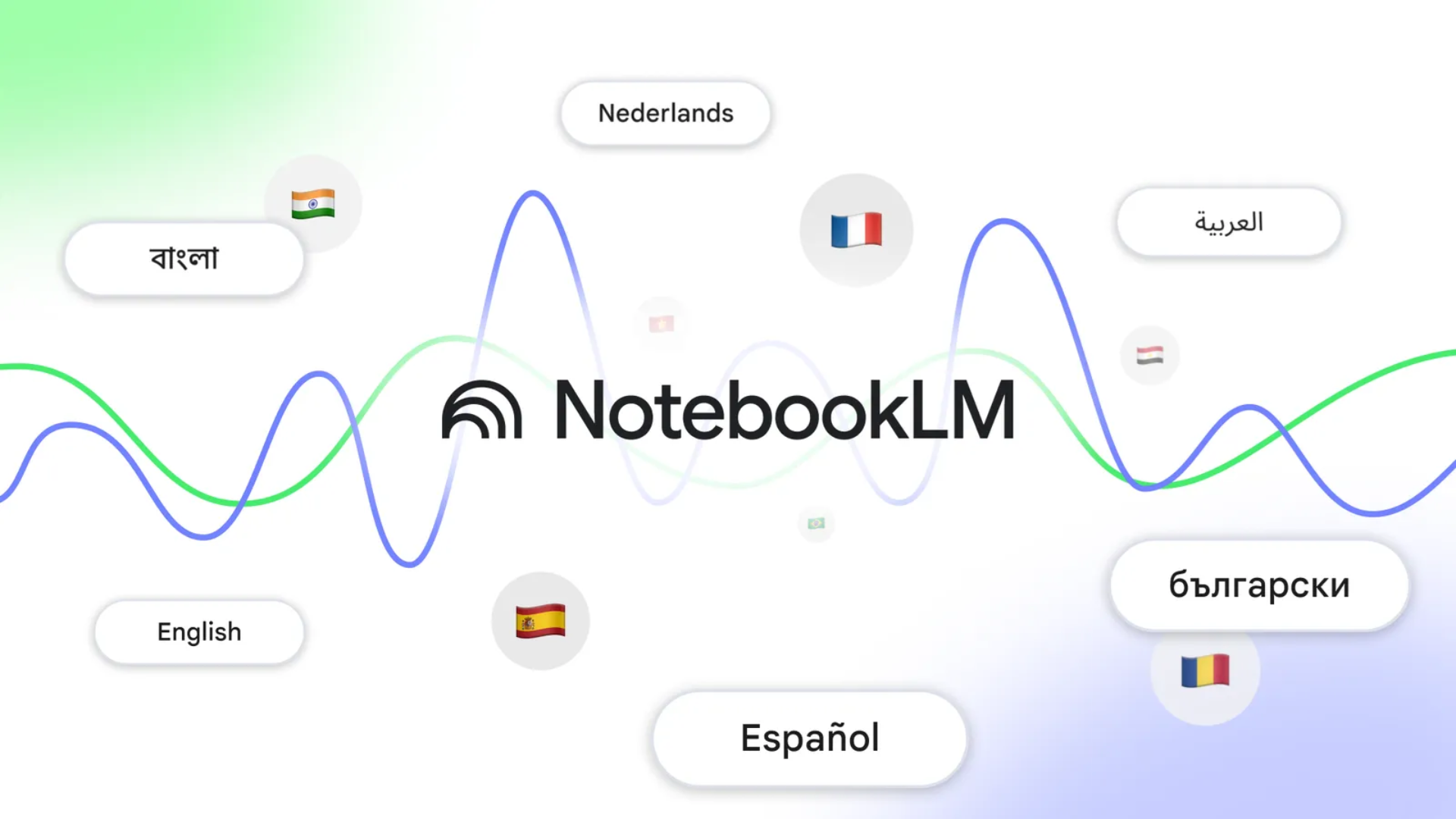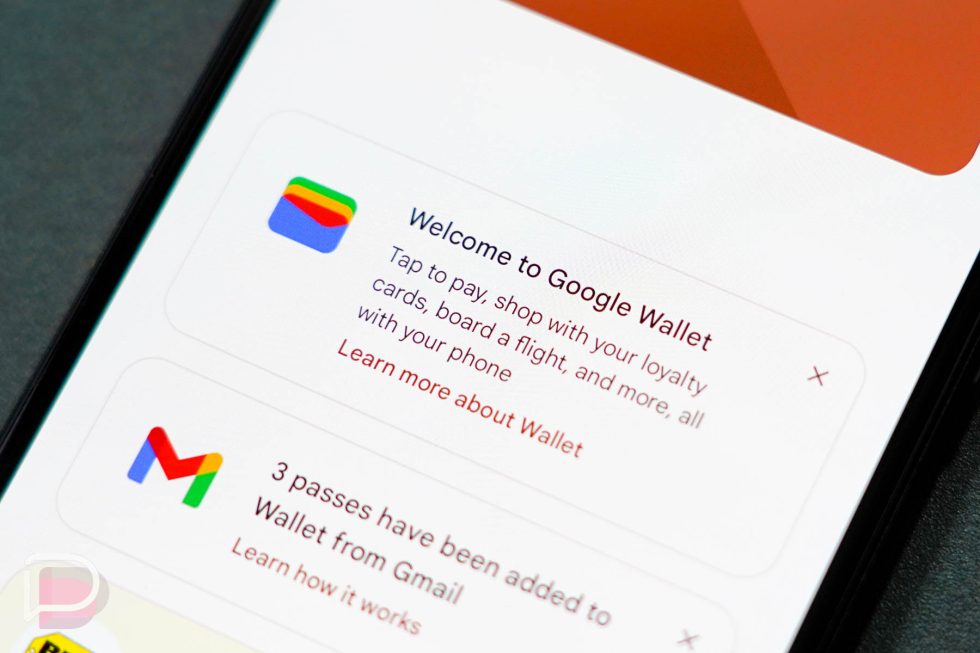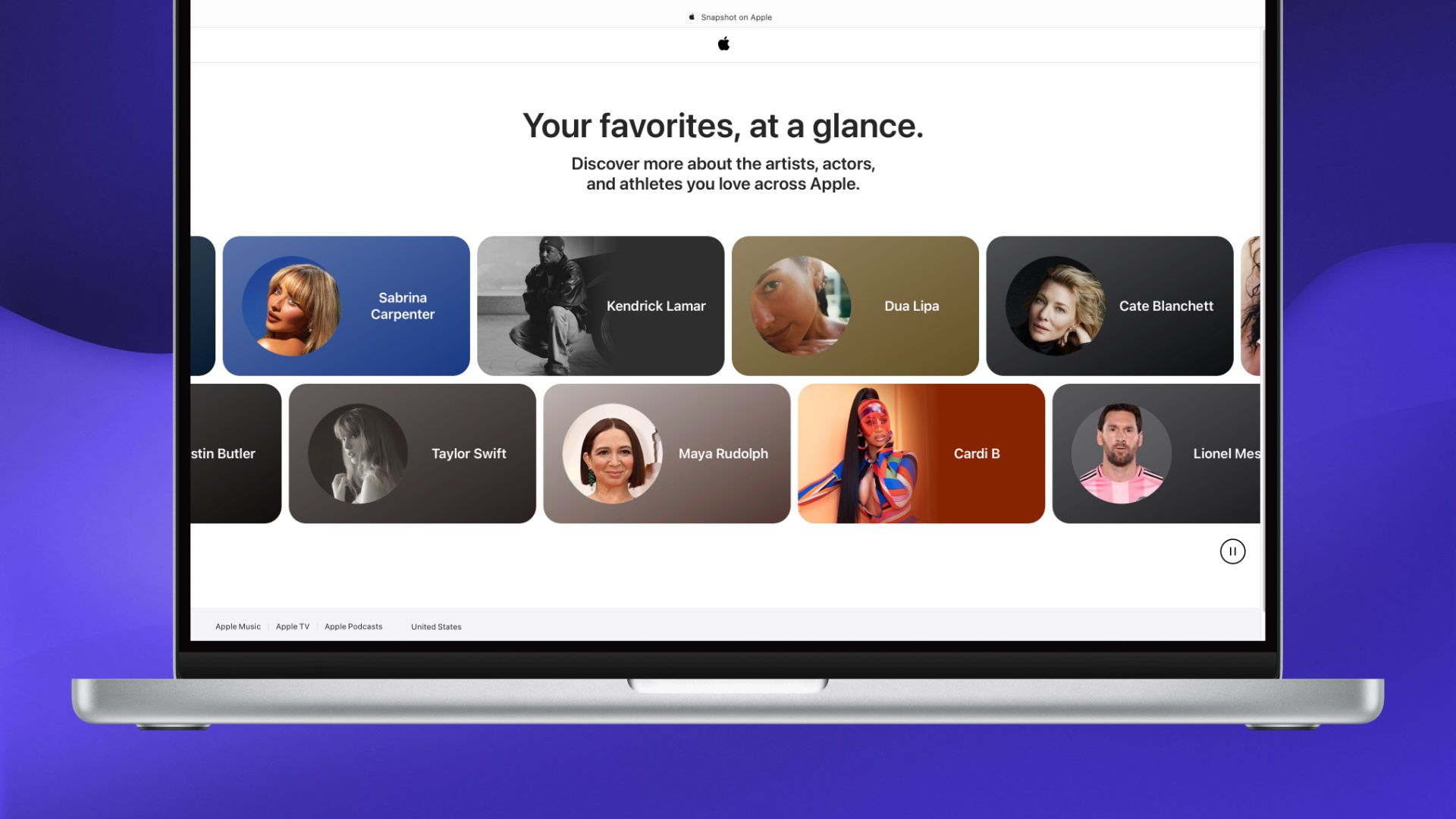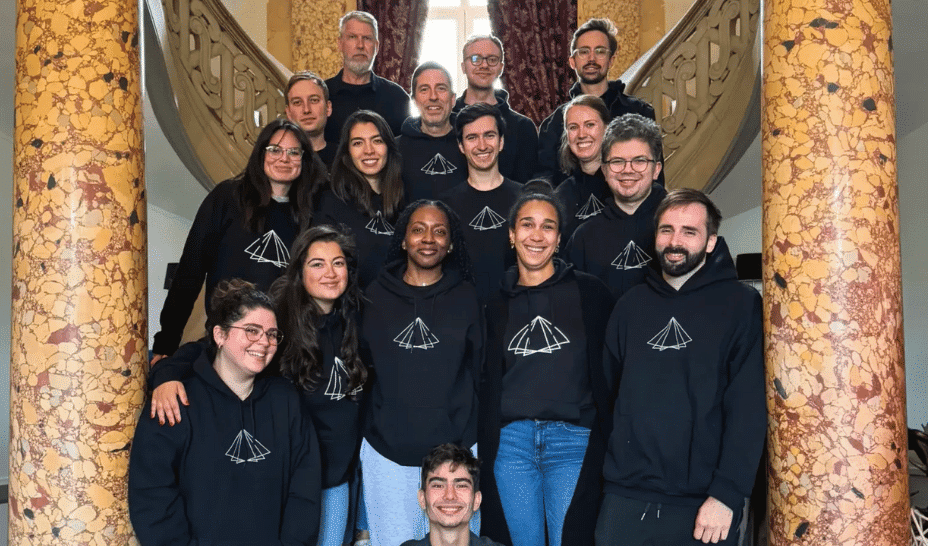Master TypeScript in 60 Days: Your Roadmap to Becoming a Professional Developer
If you're serious about leveling up your development career in 2025, learning TypeScript is no longer optional — it's essential. To make your journey easier and more structured, I've created a full, step-by-step ebook that will guide you from beginner to professional in just 60 days: ➡️ Get the Complete TypeScript Developer Ebook Here Now, let’s walk through exactly what you’ll be learning every day over the next two months — so you know you’re building real, lasting skills, one powerful step at a time. Your 60-Day TypeScript Journey Week 1–2: Core Foundations Day 1: Introduction to TypeScript — why it matters and how it changes JavaScript forever. Day 2: Setting up your environment (VS Code, ts-node, and configuration basics). Day 3: Exploring Basic Types (string, number, boolean, etc.). Day 4: Type Annotations: how to describe your variables and functions correctly. Day 5: Mastering Interfaces: define object shapes clearly. Day 6: Type Aliases: simplify complex types with reusable names. Day 7: Enums: organize your code with readable, manageable constants. Week 3–4: Expanding Your Skillset Day 8: Functions in TypeScript — typing parameters and return values. Day 9: Optional and Default Parameters for more flexible code. Day 10: Union and Intersection Types to express richer types. Day 11: Literal Types for exact, specific values. Day 12: Type Narrowing — making your code safer and smarter. Day 13: Type Assertions: when you know better than TypeScript. Day 14: Understanding the dangers and uses of any, unknown, and never types. Week 5–6: Structuring Applications Day 15: Arrays and Tuples: working with collections. Day 16: Typing Objects properly to model real-world data. Day 17: Introduction to Classes and Object-Oriented Programming. Day 18: Using Access Modifiers (public, private, protected) for safe encapsulation. Day 19: Building Class Inheritance and extending functionality. Day 20: Comparing and combining Interfaces and Classes. Week 7–8: Generics and Advanced Types Day 21: Introduction to Generics — build reusable and flexible code. Day 22: Writing Generic Functions. Day 23: Creating Generic Classes. Day 24: Exploring Utility Types: Partial, Pick, and Omit. Day 25: Mastering Record and Readonly. Day 26: Working with Mapped Types. Day 27: Conditional Types: add logic to your types. Week 9–10: Real-World Development Day 28: Organizing code with Modules. Day 29: Using Namespaces. Day 30: Understanding and writing Declaration Files. Day 31: Configuring your tsconfig.json effectively. Day 32: Enabling and working with Strict Mode. Week 11–12: TypeScript + Frameworks Day 33: Integrating TypeScript with JavaScript Projects. Day 34: Building Backends: TypeScript with Node.js. Day 35: Creating APIs with TypeScript and Express. Day 36: TypeScript + React Basics: typing Props and State. Day 37: Building Custom Hooks with TypeScript. Day 38: Managing State with Context API and TypeScript. Day 39: Fetching APIs in TypeScript and handling responses safely. Final Weeks: Advanced Topics and Projects Day 40: Advanced Error Handling Techniques. Day 41: Building and Deploying a Simple Full-Stack App. Day 42: Working with Third-Party Libraries in TypeScript. Day 43: Extending and Merging Interfaces and Types. Day 44: Discriminated Unions: handling complex application states. Day 45: Direct DOM Manipulation using TypeScript. Day 46: Handling Events with strong typing. Day 47: Mastering Advanced Generics. Day 48: Building Advanced Mapped Types. Day 49: Creating a Full Small Application (Project Build). Day 50: Adopting a Type-First Development Mindset. Week 13–14: Finishing Strong Day 51: Linting and Formatting your TypeScript code (ESLint + Prettier). Day 52: Writing Tests for TypeScript Applications using Jest. Day 53: Improving Application Performance. Day 54: Reviewing Best Practices in TypeScript Development. Day 55: Polishing Your Portfolio Projects. Day 56: Preparing for Technical Interviews (TypeScript-specific). Day 57: Practice Building and Extending Projects. Day 58: Mock Interviews and Self-Assessment. Day 59: Final Portfolio Review. Day 60: Celebrate Your Growth — and Keep Mastering! Why You Should Start Now TypeScript developers are in incredibly high demand. By learning it properly — not just in bits and pieces, but in a solid, step-by-step way — you're investing in a skill that will open doors, boost your freelance income, and make you an indispensable developer in any team. This 60-day journey is not just about learning syntax. It’s about building confidence. It’s about transforming your understanding of code and preparing yourself to build the real, production-grade applications that companies truly need. Make a decision today that your future self will be proud of. ➡️ Get the Complete TypeScript Developer Ebook Here and Star
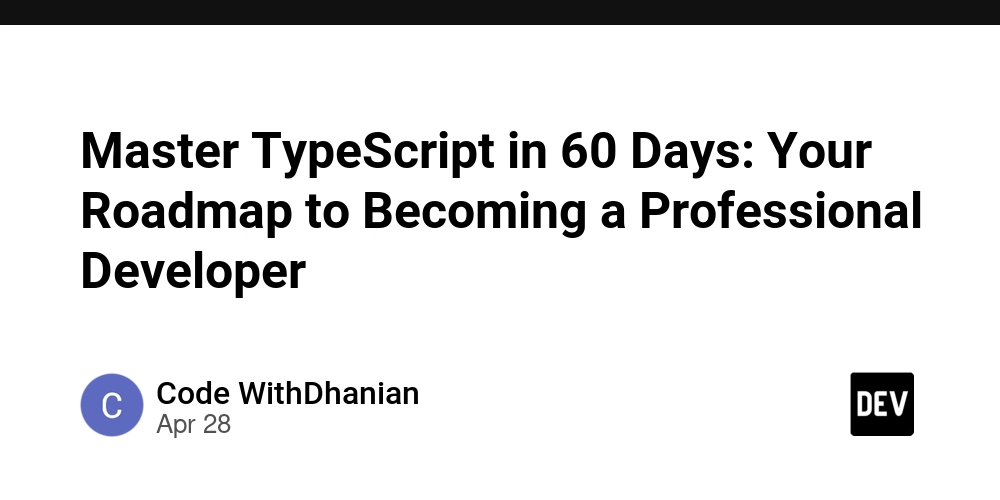
If you're serious about leveling up your development career in 2025, learning TypeScript is no longer optional — it's essential.
To make your journey easier and more structured, I've created a full, step-by-step ebook that will guide you from beginner to professional in just 60 days:
➡️ Get the Complete TypeScript Developer Ebook Here
Now, let’s walk through exactly what you’ll be learning every day over the next two months — so you know you’re building real, lasting skills, one powerful step at a time.
Your 60-Day TypeScript Journey
Week 1–2: Core Foundations
- Day 1: Introduction to TypeScript — why it matters and how it changes JavaScript forever.
- Day 2: Setting up your environment (VS Code, ts-node, and configuration basics).
- Day 3: Exploring Basic Types (string, number, boolean, etc.).
- Day 4: Type Annotations: how to describe your variables and functions correctly.
- Day 5: Mastering Interfaces: define object shapes clearly.
- Day 6: Type Aliases: simplify complex types with reusable names.
- Day 7: Enums: organize your code with readable, manageable constants.
Week 3–4: Expanding Your Skillset
- Day 8: Functions in TypeScript — typing parameters and return values.
- Day 9: Optional and Default Parameters for more flexible code.
- Day 10: Union and Intersection Types to express richer types.
- Day 11: Literal Types for exact, specific values.
- Day 12: Type Narrowing — making your code safer and smarter.
- Day 13: Type Assertions: when you know better than TypeScript.
-
Day 14: Understanding the dangers and uses of
any,unknown, andnevertypes.
Week 5–6: Structuring Applications
- Day 15: Arrays and Tuples: working with collections.
- Day 16: Typing Objects properly to model real-world data.
- Day 17: Introduction to Classes and Object-Oriented Programming.
-
Day 18: Using Access Modifiers (
public,private,protected) for safe encapsulation. - Day 19: Building Class Inheritance and extending functionality.
- Day 20: Comparing and combining Interfaces and Classes.
Week 7–8: Generics and Advanced Types
- Day 21: Introduction to Generics — build reusable and flexible code.
- Day 22: Writing Generic Functions.
- Day 23: Creating Generic Classes.
- Day 24: Exploring Utility Types: Partial, Pick, and Omit.
- Day 25: Mastering Record and Readonly.
- Day 26: Working with Mapped Types.
- Day 27: Conditional Types: add logic to your types.
Week 9–10: Real-World Development
- Day 28: Organizing code with Modules.
- Day 29: Using Namespaces.
Day 30: Understanding and writing Declaration Files.
Day 31: Configuring your tsconfig.json effectively.
Day 32: Enabling and working with Strict Mode.
Week 11–12: TypeScript + Frameworks
- Day 33: Integrating TypeScript with JavaScript Projects.
- Day 34: Building Backends: TypeScript with Node.js.
Day 35: Creating APIs with TypeScript and Express.
Day 36: TypeScript + React Basics: typing Props and State.
Day 37: Building Custom Hooks with TypeScript.
Day 38: Managing State with Context API and TypeScript.
Day 39: Fetching APIs in TypeScript and handling responses safely.
Final Weeks: Advanced Topics and Projects
- Day 40: Advanced Error Handling Techniques.
- Day 41: Building and Deploying a Simple Full-Stack App.
- Day 42: Working with Third-Party Libraries in TypeScript.
- Day 43: Extending and Merging Interfaces and Types.
Day 44: Discriminated Unions: handling complex application states.
Day 45: Direct DOM Manipulation using TypeScript.
Day 46: Handling Events with strong typing.
Day 47: Mastering Advanced Generics.
Day 48: Building Advanced Mapped Types.
Day 49: Creating a Full Small Application (Project Build).
Day 50: Adopting a Type-First Development Mindset.
Week 13–14: Finishing Strong
- Day 51: Linting and Formatting your TypeScript code (ESLint + Prettier).
- Day 52: Writing Tests for TypeScript Applications using Jest.
Day 53: Improving Application Performance.
Day 54: Reviewing Best Practices in TypeScript Development.
Day 55: Polishing Your Portfolio Projects.
Day 56: Preparing for Technical Interviews (TypeScript-specific).
Day 57: Practice Building and Extending Projects.
Day 58: Mock Interviews and Self-Assessment.
Day 59: Final Portfolio Review.
Day 60: Celebrate Your Growth — and Keep Mastering!
Why You Should Start Now
TypeScript developers are in incredibly high demand.
By learning it properly — not just in bits and pieces, but in a solid, step-by-step way — you're investing in a skill that will open doors, boost your freelance income, and make you an indispensable developer in any team.
This 60-day journey is not just about learning syntax. It’s about building confidence.
It’s about transforming your understanding of code and preparing yourself to build the real, production-grade applications that companies truly need.
Make a decision today that your future self will be proud of.
➡️ Get the Complete TypeScript Developer Ebook Here and Start Your Journey
Let’s build your future — one day, one project, one success at a time.
















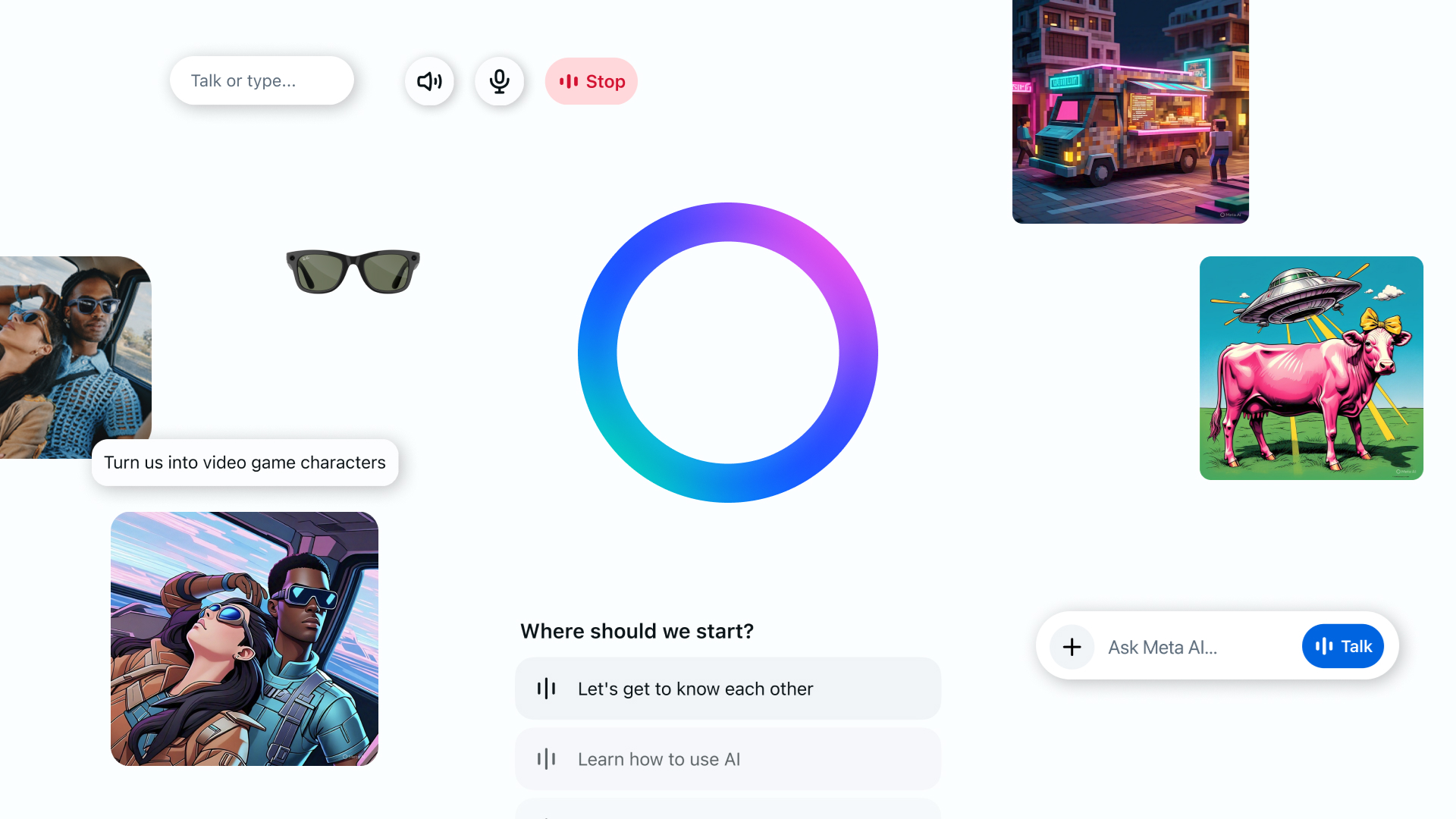









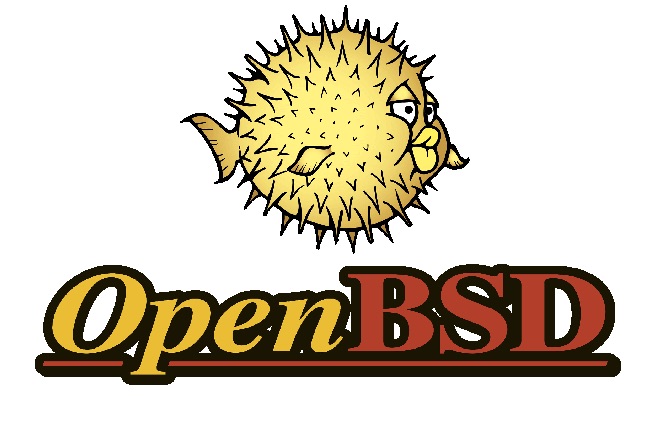









































































































































![[The AI Show Episode 145]: OpenAI Releases o3 and o4-mini, AI Is Causing “Quiet Layoffs,” Executive Order on Youth AI Education & GPT-4o’s Controversial Update](https://www.marketingaiinstitute.com/hubfs/ep%20145%20cover.png)














































































































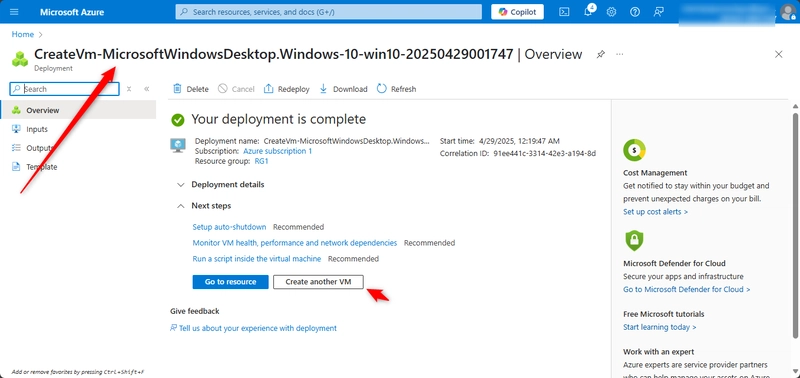

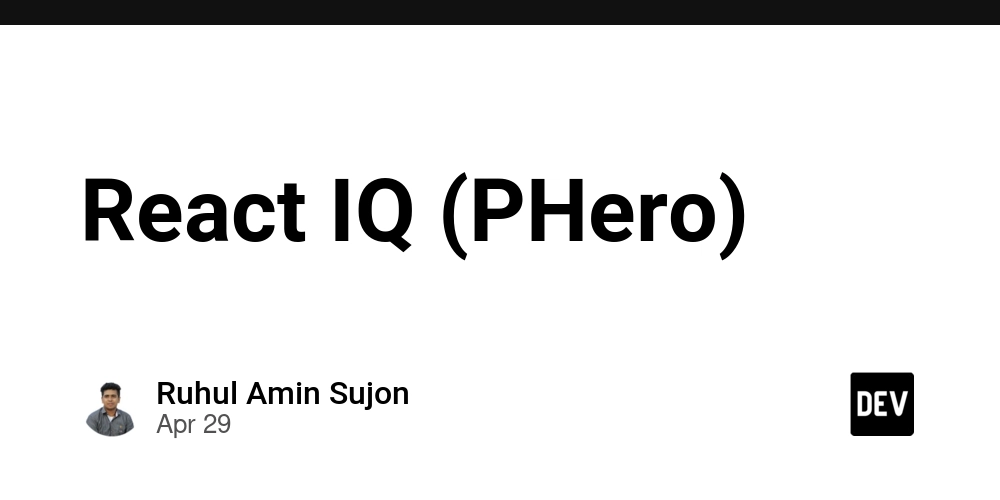


















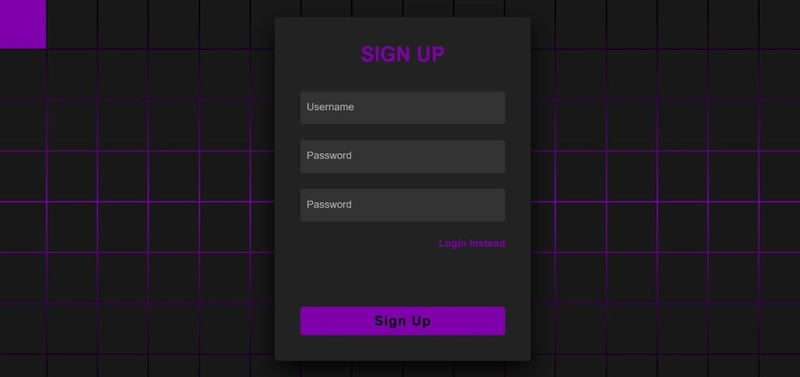





































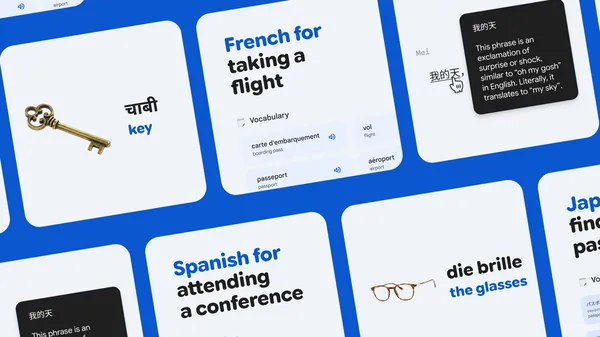


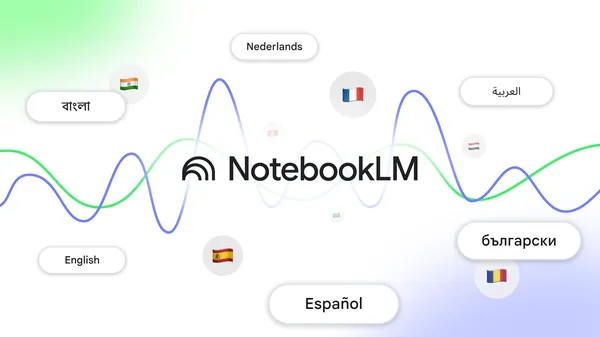






































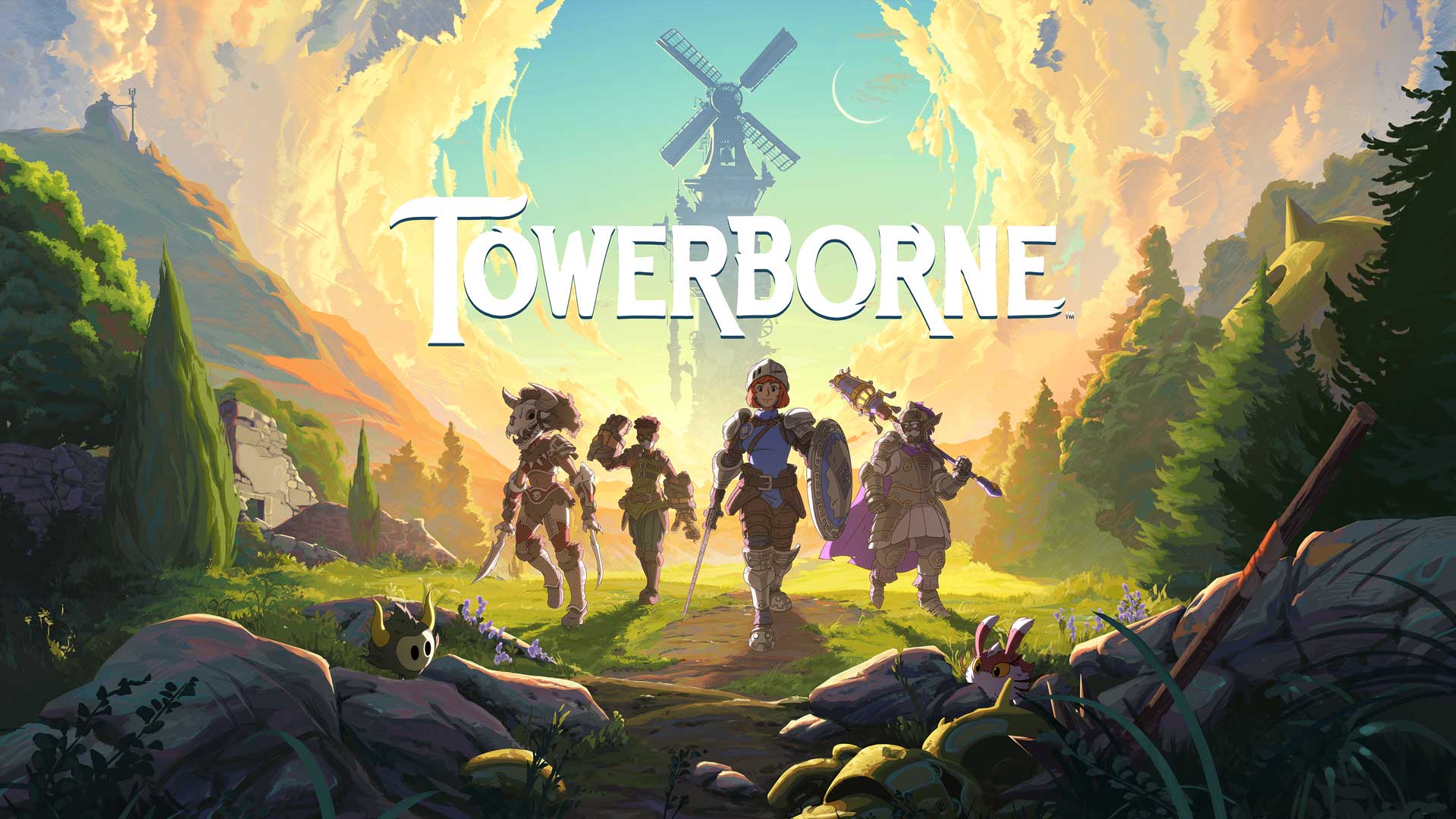






















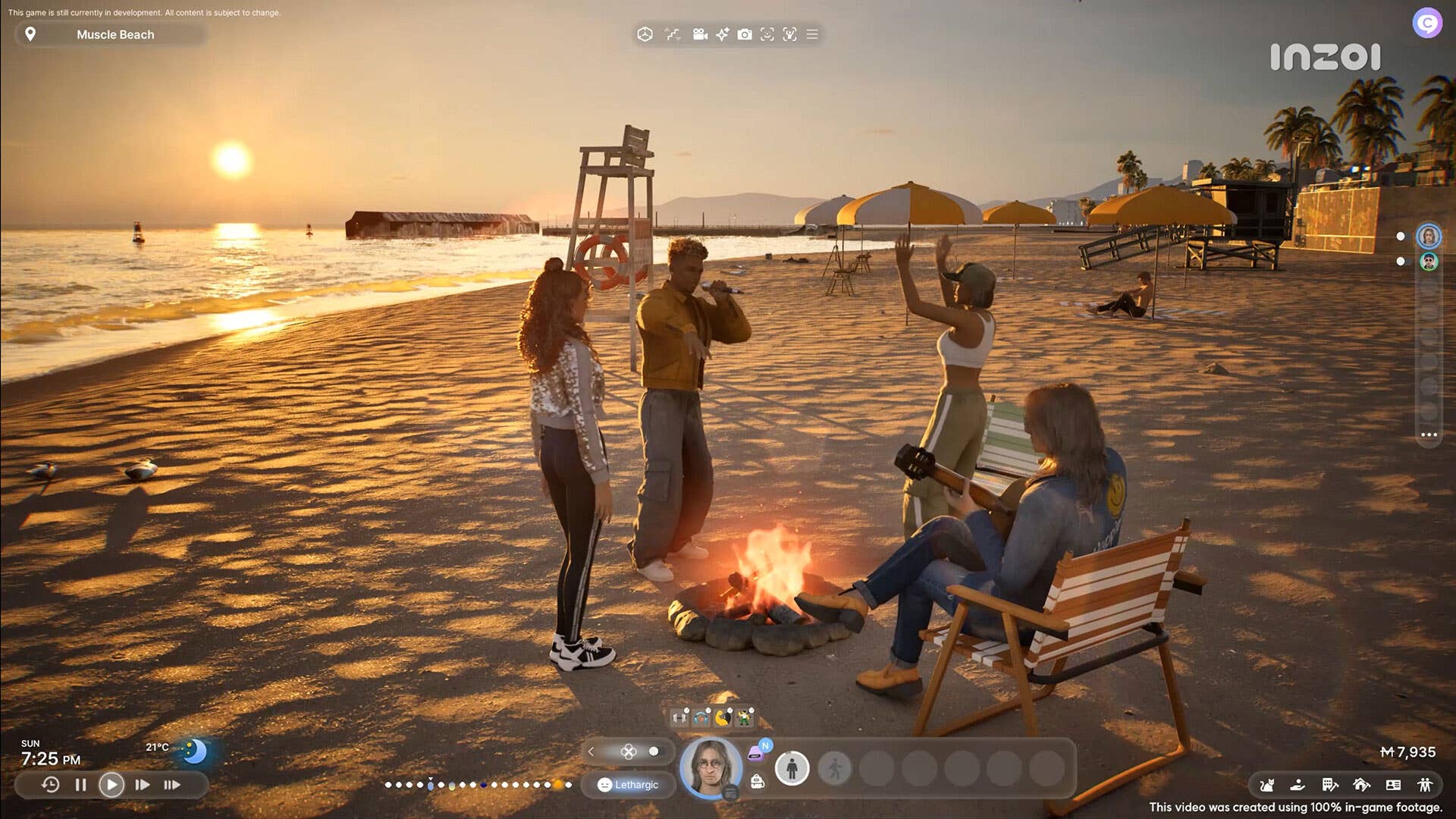






























_NicoElNino_Alamy.jpg?width=1280&auto=webp&quality=80&disable=upscale#)
















































































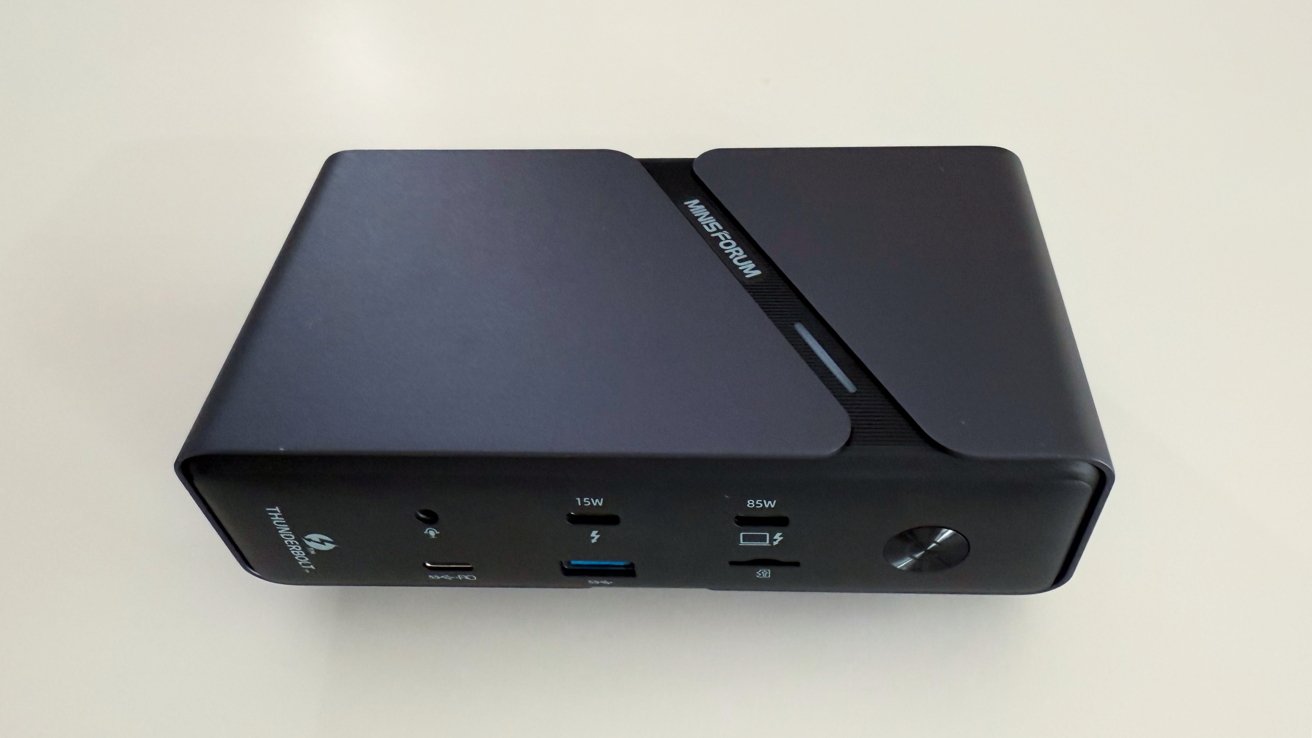
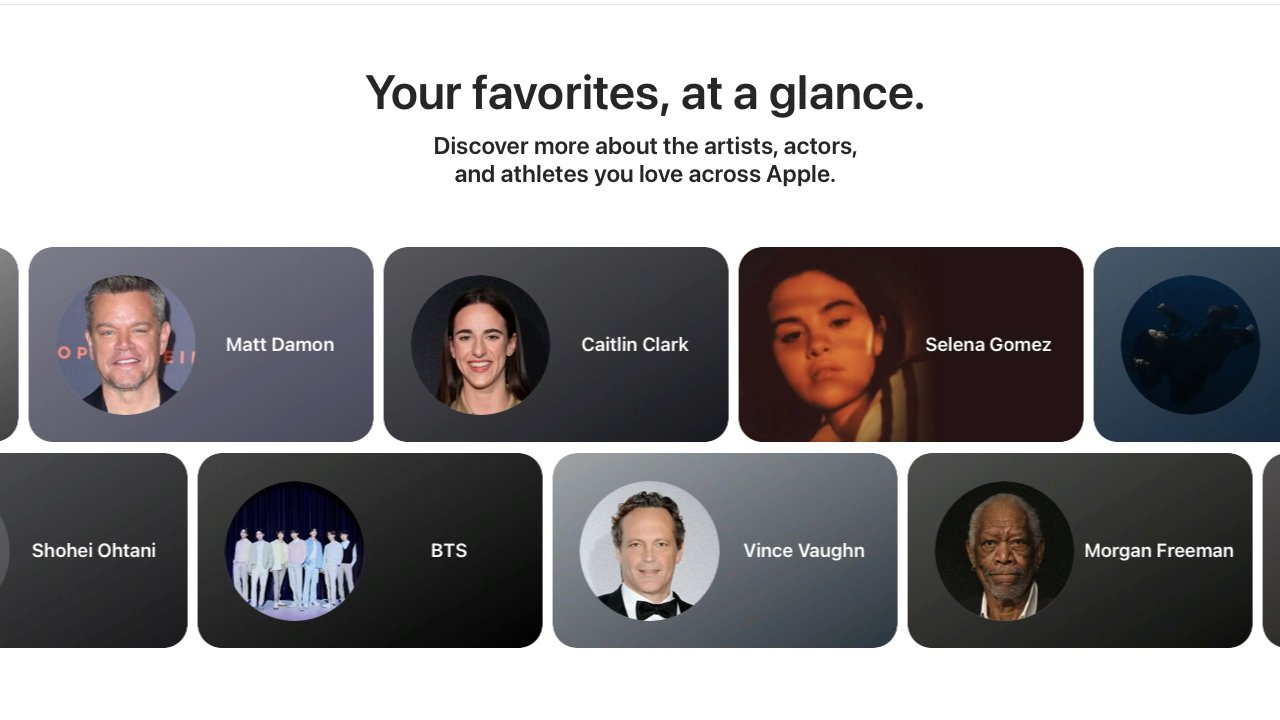



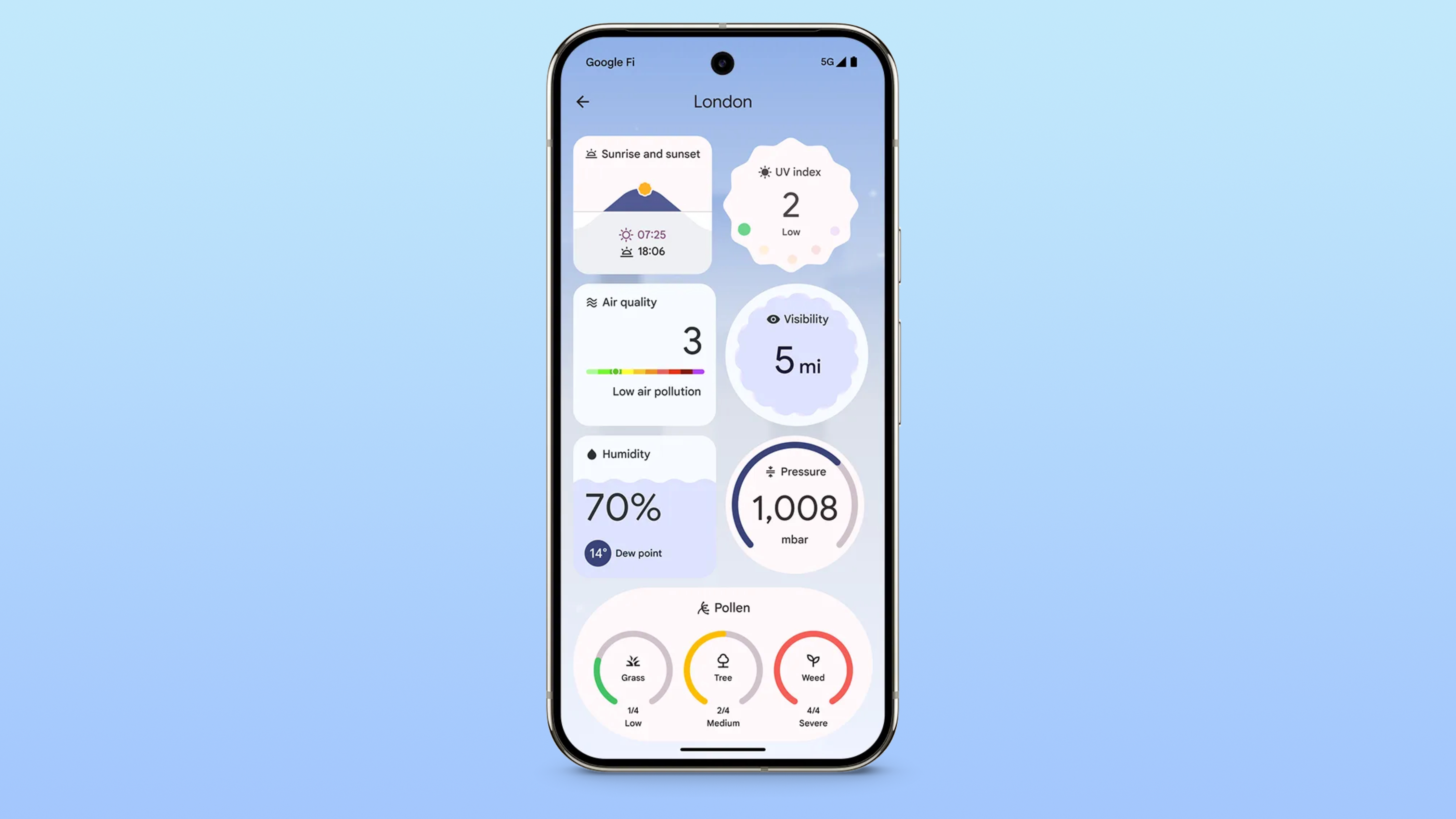
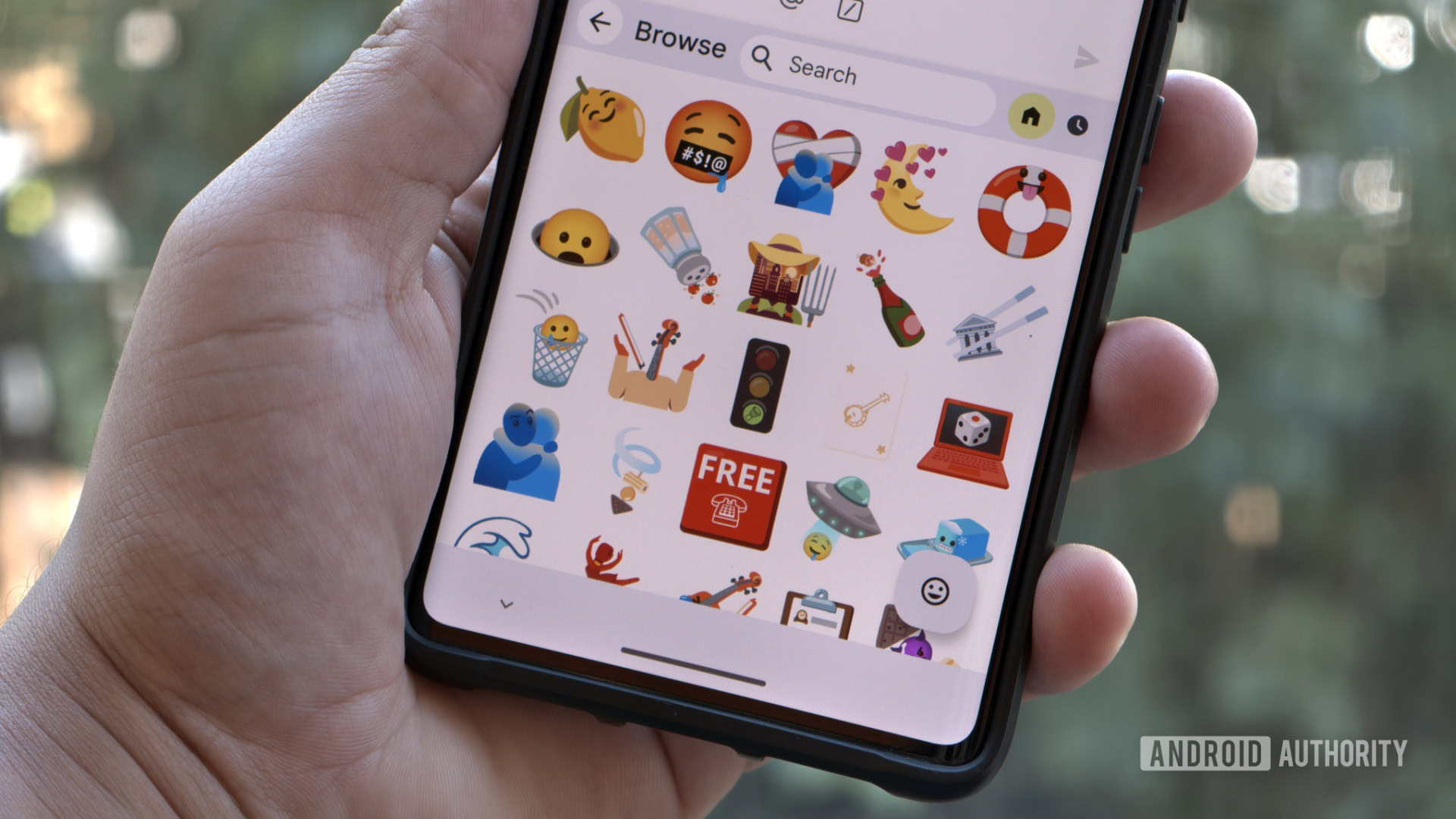

























![Standalone Meta AI App Released for iPhone [Download]](https://www.iclarified.com/images/news/97157/97157/97157-640.jpg)
















